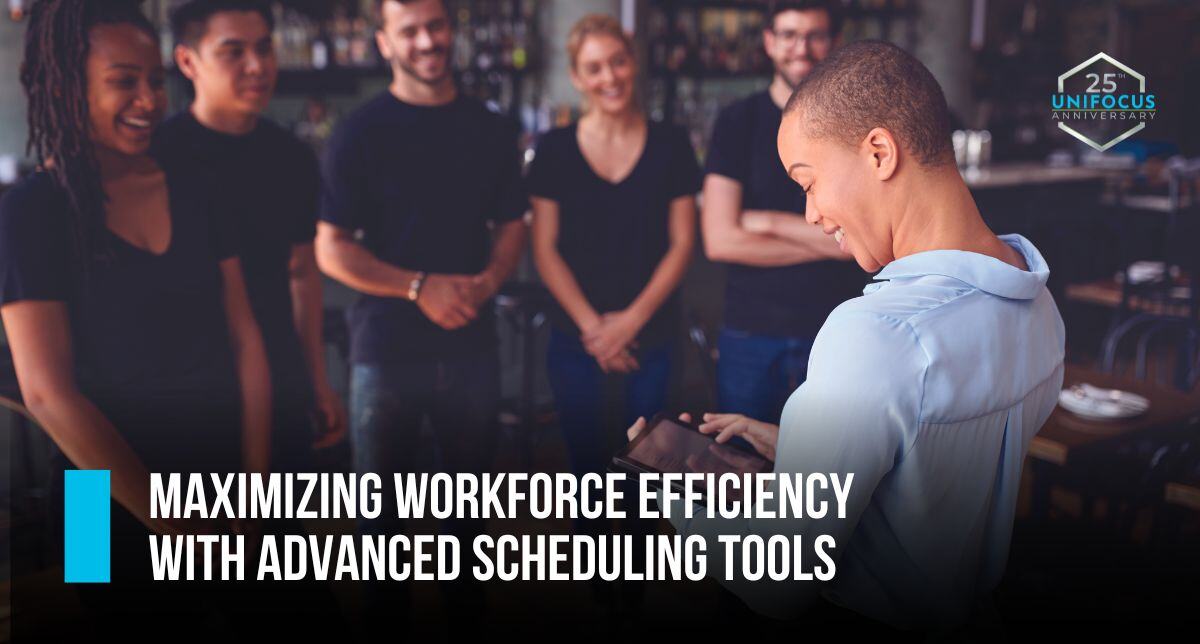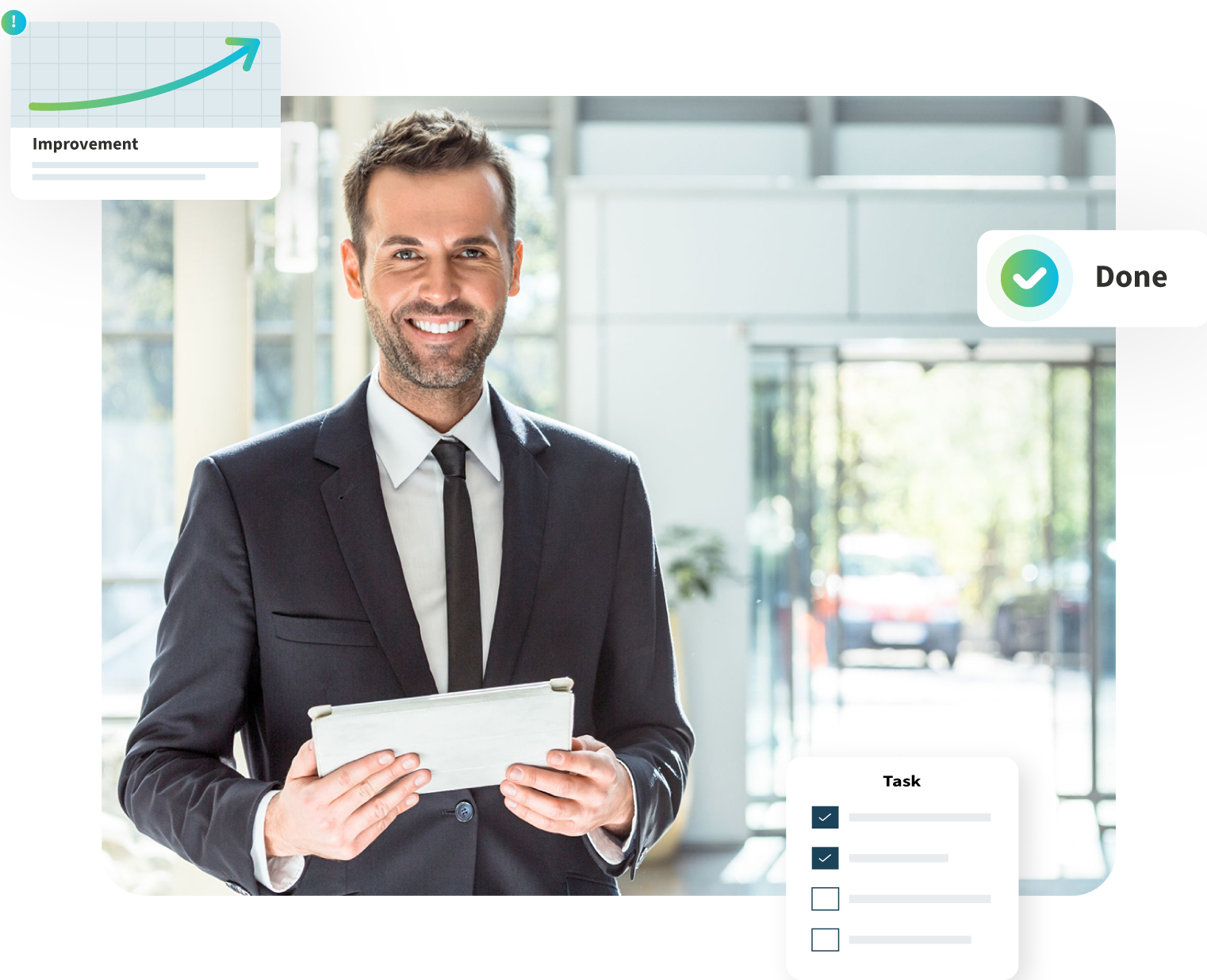Managing today’s hotel workforce is more complex than ever. From fluctuating guest demand to ensuring compliance with labor laws, the challenges keep piling up. But automated scheduling technology offers a practical, effective solution. It’s not just about using new software—it’s about integrating these tools into the core of your workforce management strategy to streamline operations, boost staff efficiency, and enhance the guest experience.
Why Automated Scheduling Matters
Manual scheduling methods that rely on Excel spreadsheets often leave hotels either overstaffed or understaffed, leading to higher costs or service shortfalls. The unpredictability of guest demand, influenced by everything from seasonality to local events, makes it difficult to staff correctly using outdated systems. Automated scheduling tools bring precision to this process by forecasting demand and adjusting staffing levels accordingly, helping hotels avoid common pitfalls.
Using Data to Create Smart Schedules
Automated scheduling isn’t simply about filling out a roster. It’s about building a dynamic workforce management system that adapts in real-time:
-
Data-Driven Forecasting: Using historical data and predictive analytics, modern scheduling tools provide accurate forecasts of guest demand. This ensures the right number of staff is available at the right time, reducing idle hours and ensuring there’s no scramble during peak periods.
-
Dynamic Shift Adjustments: Unlike static schedules, automated tools allow for real-time shift adjustments. Whether it’s a surge in guests or an unexpected staff absence, you can tweak schedules as needed without causing chaos.
-
Seamless Integration with Time & Attendance Systems: Integrating scheduling with attendance tracking ensures accuracy in payroll and compliance with labor laws. This integration also helps prevent time theft and ensures accurate reporting for better workforce management.
Moving Beyond Spreadsheets for Workforce Efficiency
Hotels relying on manual spreadsheets for scheduling are missing out on the efficiencies modern tools provide. Here’s how automated scheduling enhances workforce management:
-
Optimized Labor Costs: With accurate staffing based on actual demand, hotels can avoid the costs associated with overstaffing. Instead of relying on outdated assumptions, schedules can be built around real business needs.
-
Improved Employee Experience: Modern scheduling platforms offer employees more control, allowing them to swap shifts, request time off, or check their schedules through a mobile app. This flexibility leads to higher job satisfaction and less turnover.
-
Consistent Service Quality: With properly staffed shifts, employees aren’t overburdened or left without tasks. Balanced workloads improve service quality and help maintain high guest satisfaction, which directly impacts your hotel’s reputation.
Making the Most of Shift Management
Effective shift management is about matching the right staff to the right shifts, ensuring service levels are maintained no matter how busy or quiet the hotel gets:
-
Skill-Based Scheduling: Automated scheduling tools enable managers to assign shifts based on employee skills. For example, during a high-occupancy event, ensuring your most experienced team members are on duty can significantly improve guest satisfaction.
-
Cross-Training for Flexibility: By tracking employee skills and certifications, you can cross-train staff and schedule them across different roles. This adaptability ensures you’re always covered, even when demand changes unexpectedly.
-
Ensuring Compliance and Fairness: Labor laws regarding overtime, mandatory breaks, and shift limits can be tricky to manage manually. Automated scheduling tools take these into account, helping hotels maintain compliance and avoid legal issues while promoting a fair work environment.
Implementing Automated Scheduling: Best Practices
To successfully integrate automated scheduling tools into your operations, careful planning and involvement are key:
-
Engage Stakeholders Early: Involve management, HR, and frontline staff early in the process to ensure the system meets everyone’s needs. This helps smooth the transition and increases adoption.
-
Invest in Training: Proper training for all users is essential. Managers need to understand how to use the system for workforce planning, while staff should be comfortable managing their schedules and requests.
-
Focus on Continuous Improvement: Use the data from your scheduling system to refine your workforce management strategies. Regularly review key performance indicators (KPIs) like labor costs, employee satisfaction, and guest feedback to adjust and optimize further.
Looking Ahead: Elevating Your Hotel Operations
Automated scheduling tools are more than just a convenience—they’re a critical asset in optimizing hotel operations. These tools go beyond simply filling shifts; they help align staffing levels with actual demand, improve employee engagement, and enhance service delivery. By incorporating automated scheduling into your workforce management strategy, your hotel can achieve operational excellence while controlling costs and boosting employee morale.
The hotels that thrive in today’s competitive landscape are the ones that adopt smart, data-driven workforce strategies. Automated scheduling ensures that you not only meet today’s challenges head-on but also build a foundation for future success, whether it’s managing labor costs, improving service quality, or maintaining a happier, more engaged workforce.
By embracing automated scheduling, you’re not just improving your day-to-day operations—you’re setting your hotel up for long-term growth and success.






